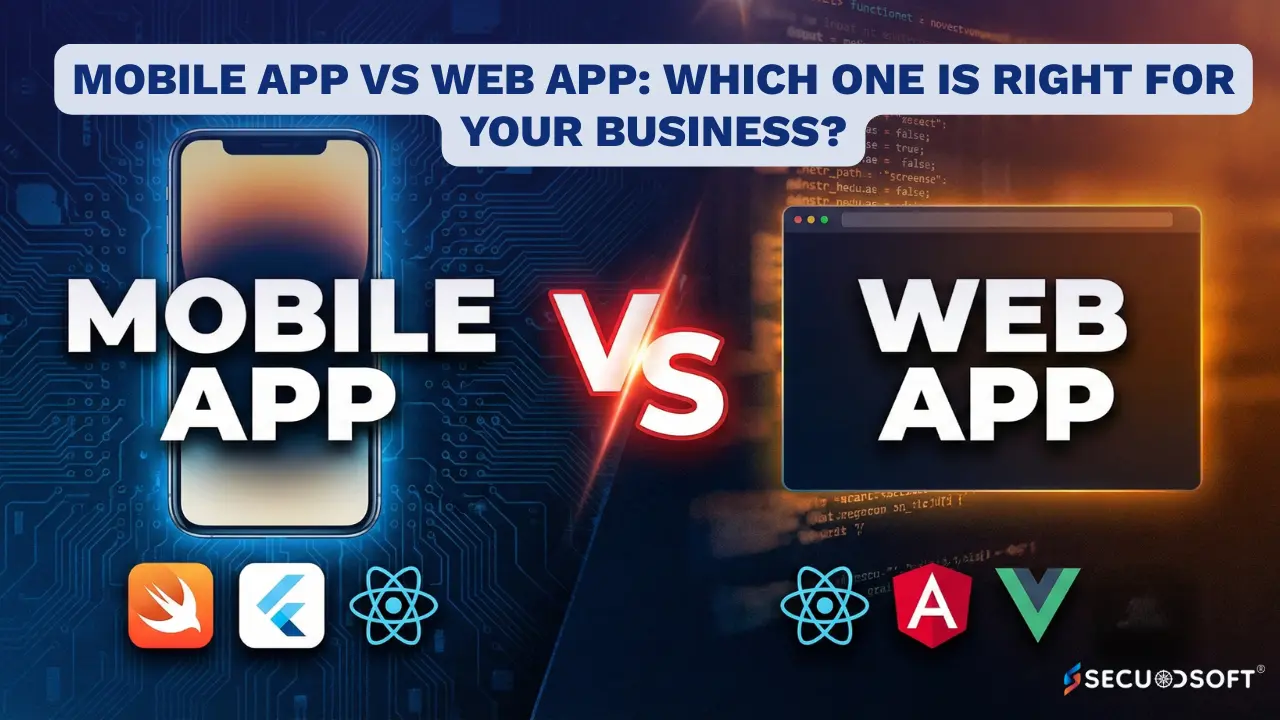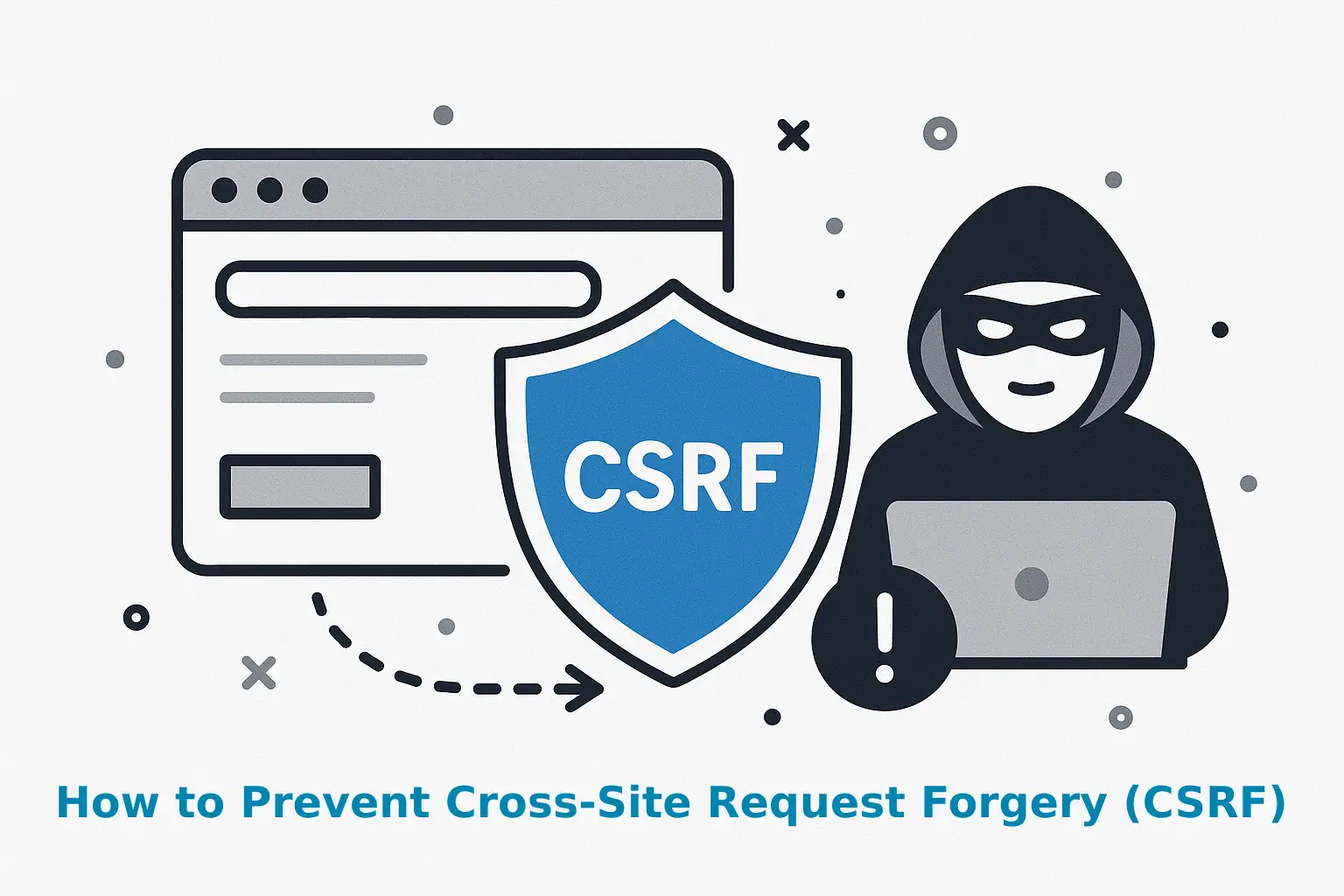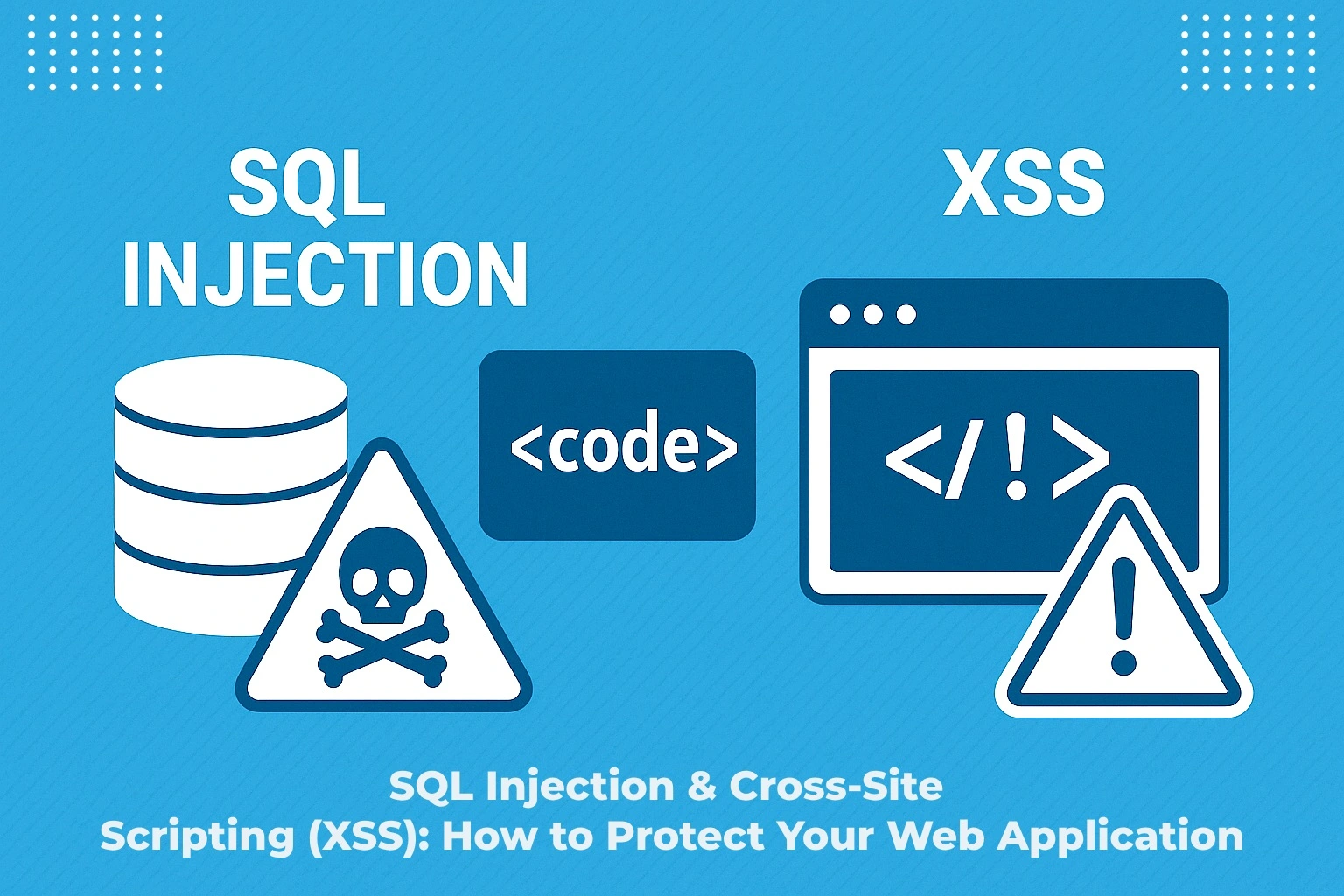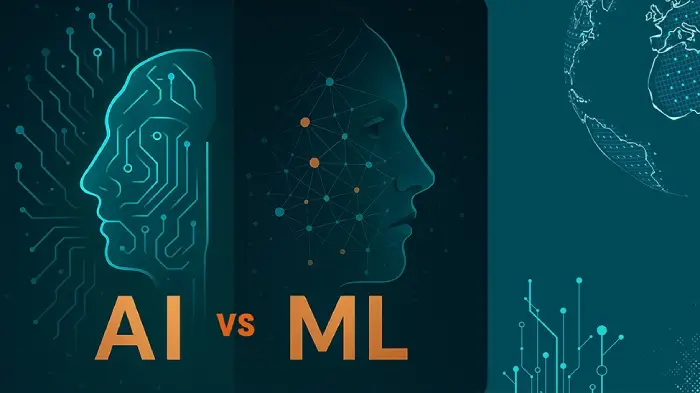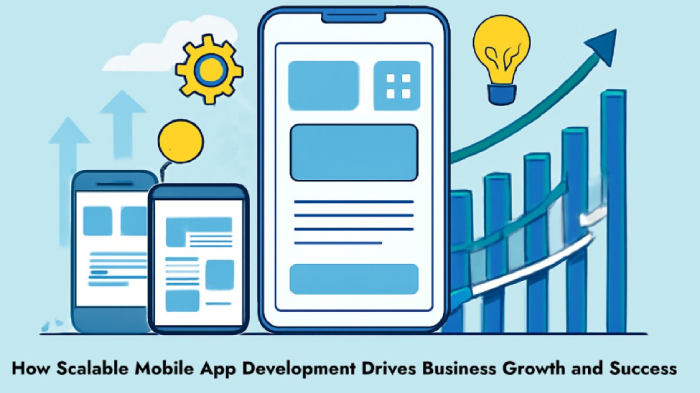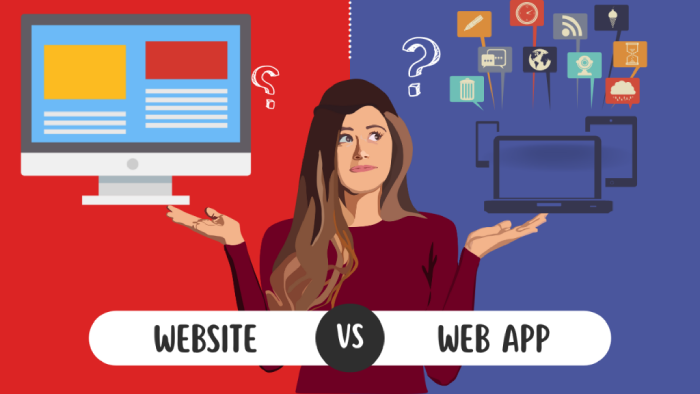
Web Development
Editorial Team
15 May 2025
What is a Website?
A website is a collection of web pages that are accessed through the internet. Websites are typically designed to provide information to visitors, such as the history of an organization, the products or services that they offer, or the contact details of the business. Websites are usually built with HTML, CSS, and JavaScript, and they can be static or dynamic. Static websites are made up of fixed content that does not change unless the website owner makes manual updates. Dynamic websites, on the other hand, have content that can change depending on the user’s actions or the data that is entered.
Types of Website?
Generally there are 2 types of website:
- Static Website
- Dynamic Website
1. Static Website
These types of websites serves same content to every uses who access them. These are built using simple language like HTML, CSS, and JavaScript. These types of websites are called static website because it does not provide any user interaction.
Some of the examples of static websites are given below :
- Portfolio Websites
- Personal Blogs
- Landing Pages
- Small Business Website
- Online Resume
2. Dynamic Website
These types are created with advanced programming languages ...
- Social Networking Sites (Facebook, Instagram)
- News Websites (BBC, CNN)
- Online Banking Sites (SBI, PNB)
- Ticket Booking Websites (Make My Trip, Yatra)
Characteristic of a Website
- Responsive
- User-friendly
- Fast loading
- Attractive
- Easy to navigate
- Quality & relevant content
- Search engine optimized
Who Needs a Website?
- Businesses wanting to go online
- Those wanting to build a brand
- Those seeking credibility
- Those wanting to earn via monetization
What is a Web Application?
A web application, which popularly known as a web app, is a software application that is accessed through a web browser. Web applications typically have a more complex architecture than websites. Web Application are designed to provide users with functionality and a more interactive experience.
Web Apps are customizable according to the user’s need and can perform various tasks such as like creating, updating, deleting in the app. As it is more complex in nature so it needs a experienced developers to build it. Web applications are built with a variety of technologies, such as PHP, Python, Ruby on Rails, Node.js, Angular.js, etc and they often use a database to store and manage data.
Some examples of web application Video Editing tools, Photo editing tools, Shopping Carts, Email tools, file scanning tool, file conversion tools, etc.
Characteristic of a Web Application
- Cloud hosted and scalable
- Cross-platform support
- Automation testing friendly
- Modular and loosely coupled
Who Needs a Web Application?
- E-Commerce Companies
- Banks
- Healthcare
- Education Institutions
- Government Agencies
Key Difference Between Website and Web Application
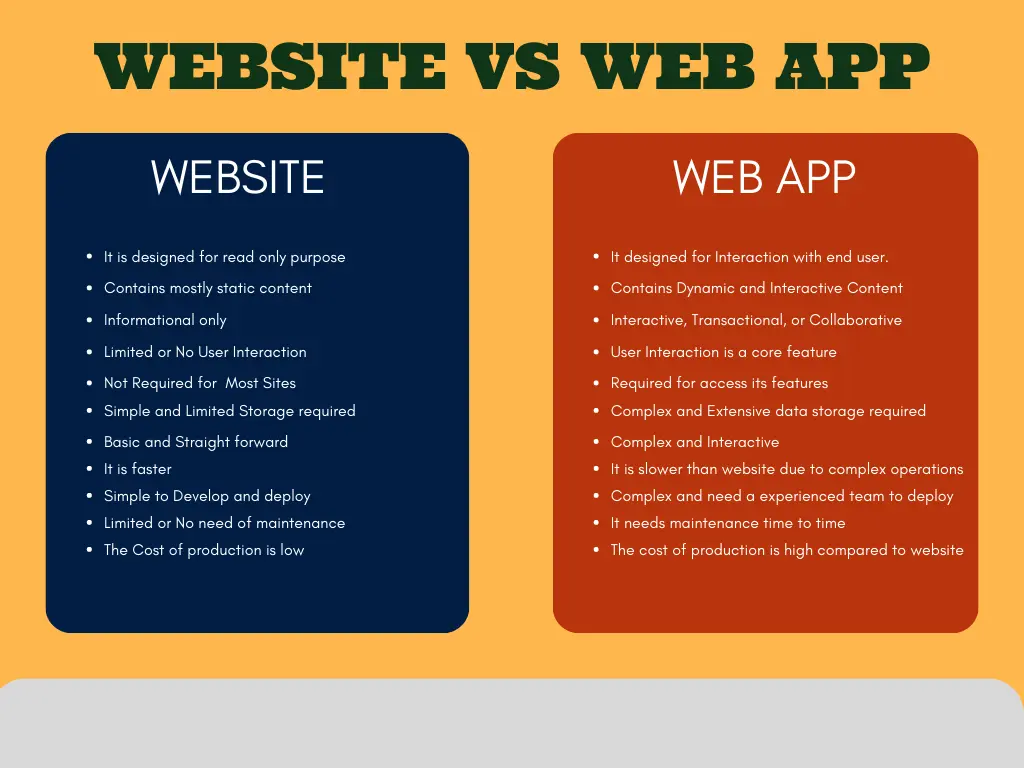
| Feature |
Website |
Web Application |
| Data Storage |
Simple and Limited Storage required |
Complex and Extensive data storage required |
| User Interface |
Basic and Straight forward |
Complex and Interactive |
| Performance |
It is faster |
It is slower compared to website due to complex operations |
| Development |
Simple to Develop and deploy |
Complex and need a experienced team to develop and deploy |
| Maintenance |
Limited or No need of maintenance |
It needs maintenance time to time |
| Cost |
The Cost of production is low |
The cost of production is high compared to website |
Web Application VS Website Example
Here are some examples of websites and web applications to illustrate the differences between the two:
| Web Application Example |
Website Example |
| Google Docs, Trello, Dropbox, Evernote |
CNN, BBC, Wikipedia, Yelp |
| Online banking, E-commerce websites, Social media sites |
Blogs, News sites, Portfolio websites |
| Booking and reservation systems, Online marketplaces |
Product landing pages, Brochure websites, Online directories |
| Video and photo editing tools, Virtual meeting platforms |
Online forums, Personal websites, Educational websites |
At Secuodsoft, we specialize in crafting both modern, responsive websites and dynamic, high-performing web applications tailored to your business goals.
- Need a professional, SEO-friendly website to represent your brand? We’ve got you covered.
- Looking to build a custom web application with real-time data, user dashboards, or workflow automation? We’ll bring it to life — securely and at scale.
With our CMMI Level 3 certification, expert development team, and proven track record, Secuodsoft delivers end-to-end digital solutions — from planning and design to development and deployment. Whether you're a startup or an enterprise, we help you turn ideas into fully functional web platforms that drive results.
Let Secuodsoft be your technology partner for building smart, scalable, and future-ready websites and web applications.
Also please read our blog topic on Web Application Development: A Comprehensive Guide
Conclusion
Understanding the difference between a website and a web application is essential when planning your digital presence. While a website serves primarily as an informational platform, a web application is designed for interactivity, user engagement, and real-time functionality. Choosing between the two depends on your business goals, audience needs, and technical requirements. Whether you need a content-driven website or a feature-rich web application, making the right choice sets the foundation for a successful online strategy.
Frequently Asked Questions (FAQ)
In some cases, it is possible to convert a website into a web application by adding additional features and functionalities. However, this can be a complex process and may require significant changes to the existing code and architecture of the website.
Web applications are typically more vulnerable to security risks than websites due to the additional features and functionalities they offer. This is because web applications require user input, data storage, and database management, which can all be targets for cyber attacks.
It all depends upon your requirement. If you need a interactive, or tool kind of feature then you need to go for web application but if your content is informational only then you can go for website.
In general, websites are considered more cost-effective than web applications. This is because websites are typically simpler and easier to create and maintain, requiring less development time and fewer resources. Web applications, on the other hand, are more complex and require more advanced programming, which can be more expensive to develop and maintain. However, the cost-effectiveness of a website versus a web application ultimately depends on the specific needs and goals of the business or organization.
The development process for a web application typically involves designing the user interface, developing the functionality, and coding the application using programming languages such as Java or Python.











